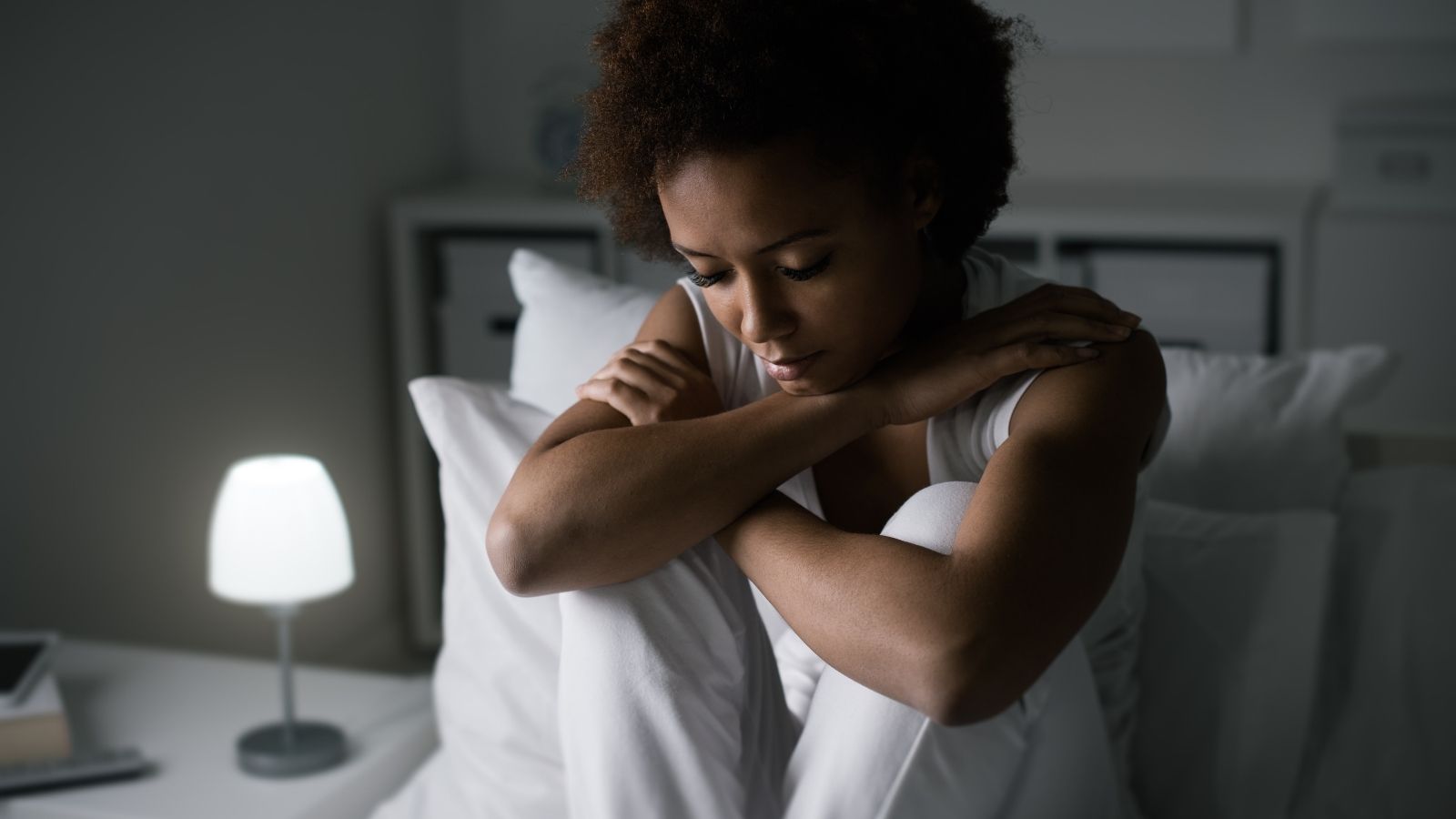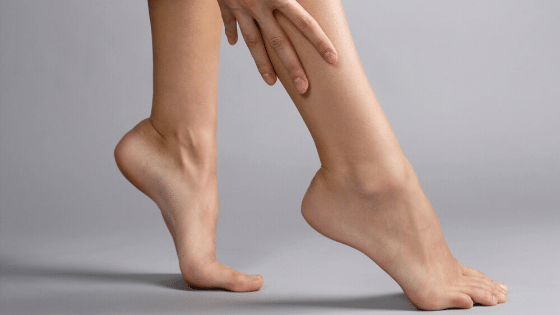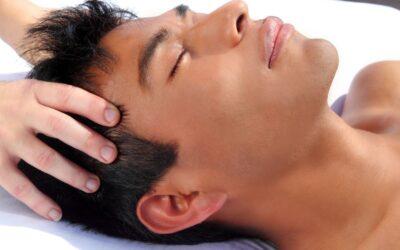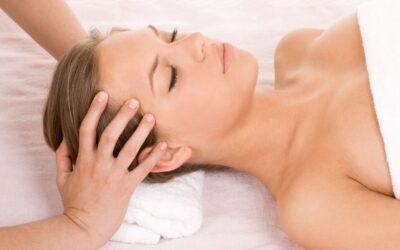How to get a good night’s sleep
Do you find that you spend night after night tossing and turning, with sleep completely evading you? You’re not alone! 48% of adults in the UK report that they don’t get a good nights sleep. Before we look at how to get a good nights sleep let’s look at what happens if we regularly don’t get a good night’s sleep
What happens if you don’t sleep well?
You’re more likely to:
- Suffer from foggy-headedness
- Have impaired cognitive function,
- Have a weakened immune system
- Be more prone to picking up common colds
- Have increased weight gain or cravings for the ‘wrong’ kinds of foods
- Be more prone to stress
- Be more likely to have fine lines and wrinkles on your face
- Be more likely to have an accident or indulge in impulsive behaviour
- Have exacerbated mental health issues
- Find it hard to control your emotions effectively

Why do some people find it hard to get a good night’s sleep?
Lots of things can affect your ability to get a good night’s sleep.
These can include snoring partners, sick or restless children, traffic noise, emergency sirens and light pollution. Needing to have a midnight loo trip, feeling hungry or thirsty, not winding down effectively in the evening, alcohol, too much caffiene, being in pain, having symptoms of the menopause and being pregnant can also keep you awake . The bedroom environment not being conducive to sleep can also be a factor.
Worrying about health, money, family, work, bills and situations beyond our control can also prevent us getting a good night’s sleep.

Physically having the right environment
Ideally your bedroom should be:
- Dark enough with no light filtering in from the street. Blackout curtains or blinds can be very useful. Ensure there is no blue light emitting from your alarm clock.
- The right temperature. At the risk of sounding like Goldilocks the room should be not too warm and not too cold but just right!
- Well Ventilated without being draughty!
- Tidy and uncluttered and only used for sleeping, reading and ‘bedroom stuff’. If at all possible avoid working from your bedroom.
- Free from electrical equipment if at all possible. Remove any unnecessary items like iPads, phones, televisions, radios etc.
- Comfortable with a supportive mattress and pillows and a big enough duvet so you’re not having to fight for your tiny share of the covers. If your partner likes to hog all the covers, buy yourself your own set! Having the right amount of pilllows for you is important. Having too many pillows can exacerbate head pain and backache.

Create the right emotional and mental environment
Write it down!
If you find that your head is buzzing with ideas, thoughts, worries, shopping lists, and your to-do list, it can be helpful to have a notebook by the bed. Write down anything that is rattling round your head. This ensures your mind is not having to attempt to remember everything and hopefully will be able to switch off and go to sleep!
It is also thought that writing down three things that you’re grateful for in a gratitude diary can help a lot!
Be prepared
Before bed lay out everything you need for the next day. This could be your clothes, any equipment you might need for work, school or leisure. This helps your morning go more smoothly as you’re not looking for last minute PE kit items or trying to find your car keys or a pair of socks that match. You can rest assured that everything you need is all found and ready for you.

Create a great bedtime routine
- Start winding down from early evening onwards.
- Avoid caffeine and alcohol after 6pm
- You could go for a short evening stroll after dinner. This helps you cool down and calm down, and if you’ve a partner it helps you to be able to talk without distractions.
- Take a couple of hours distraction free if possible before bed. Reading and meditating is a good idea.
- Have a small drink and a light snack an hour or so before bed so you’re not hungry during the night.
- Put on some soothing, relaxing music
- Have a warm bath
- Apply a little hand cream to your hands and moisturise your face with a good quality moisturiser. (Maybe start with your face and work your way down to your feet!)
- Try massaging some body lotion or foot cream into the soles of your feet.This helps to moisturise your feet and is wonderfully relaxing too.
- Try to go to bed every night at around the same night and get up at a similar time every morning, even at weekends
Related Article https://www.sarahcooper.co.uk/effective-bedtime-rituals-to-help-you-sleep/

Other ways of helping you get a good night’s sleep
- Wear a light cardigan or a long sleeved pyjama top in bed (unless you’re menopausal suffering from hot flushes)
- Have the window slightly open if it is safe to do so (if you don’t have children and are living in a low crime rate area)
- Have a heavy or weighted blanket on your bed to weigh you down
- Use a night time or calming blend of essential oils. Lavender is a good essential oil for bedtime add a couple of drops to a tissue and tuck into your hot water bottle or pillow case. Just don’t over do the lavender or it will keep you awake all night! In small doses it is very relaxing and in larger ones not so much!
- Always make your bed on a morning (and if you forget make it before you get into bed!) Having plumped pillows and a neat duvet can make all the difference)
- Change your sheets and duvet covers regularly
- Have Regular Reflexology or Massage Treatments. Both Reflexology and Massage are great for relaxing the body and soothing the nervous system, putting you in a naturally relaxed state which is conducive to good sleep. If you live in the Boroughbridge or Ripon area and would like a Reflexology treatment in the comfort of your own home please get in touch
- Tuck a small amethyst crystal under your pillow (just make sure it doesn’t have sharp edges and NEVER leave crystals in the bed of babies, children or pets)

What to do if you really can’t sleep
If you’re tossing and turning and simply cannot get to sleep don’t worry about it. It can help to get up and do something else for a few minutes. As long as it’s not practising your tuba or bagpipes or anything else that is likely to wake up the neighbourhood it will be fine.
- Have a warm drink,
- Read a book or magazine.
- Do some light housework (NOT vacuuming, obviously!) write in your journal.
- Find a yoga for bedtime video on YouTube.
- Have a light snack
Just don’t lie in bed worrying about not being able to sleep. Hopefully before long you will start to feel tired again and will be able to drift off back to bed.
Sleep Resources
Confession Time: Why I struggled to get a good night’s sleep
https://www.sarahcooper.co.uk/effective-bedtime-rituals-to-help-you-sleep/
Over to you!
What do YOU do to ensure you get a good night’s sleep? Please pop me a note in the comments box below.

Migraine – What it is and what you can do about it
What is Migraine? Migraine is generally a severe, one-sided headache, which may be accompanied by visual disturbances, neurological symptoms and/or nausea and vomiting. Visual disturbances can include flashing lights, zig-zagging, double vision, blind spots and...

7 Quick ways to get to sleep
7 Quick ways to get to sleep If like around 50% of the UK you are struggling to sleep at the moment you will probably welcome these quick tips! 1.Try Massage (either massage yourself or get a partner to massage you) Choose a night time Aromatherapy Massage Blend and...

What is Diabetes?
What is Diabetes? Diabetes is a chronic condition affecting 20% of the population of the UK. In a person not living with diabetes the pancreas creates and releases insulin automatically as required. This helps the body to turn glucose into energy and to regulate the...

Look after your legs
Look after your legs! There are lots of ways that we can help our legs stay in tip-top condition.
Keep the blood flowing.. Move your feet!

12 Ways to help calm anxiety
Ways to help anxiety. It is thought that there are around 3 million people living with anxiety in the UK. Here’s some top tips to help

Symptoms of Anxiety
Symptoms of anxiety can include:
Feeling nervous, tense or restless
Feeling panicky
Butterflies in your tummy
Sensing impending doom
Breathing too quickly (hyperventilation)
Profuse Sweating
Insomnia (trouble sleeping)
Upset Stomach/ Irritable Bowel
Feeling the need to avoid certain situations/ people/ places
Tiredness/Fatigue
Trembling
Irritability
Increased heart rate
Inability to focus/ Poor Concentration
I am a Reflexologist, Aromatherapist, Reiki Master Practitioner, Massage Therapist and Writer from Boroughbridge, North Yorkshire. I love writing about Health and Wellbeing, Mind Body Spirit and Reflexology. When I'm not at work, you can find me in the kitchen cooking up a storm!
If you'd like to book a treatment please go to https://www.sarahcooper.co.uk/book











0 Comments